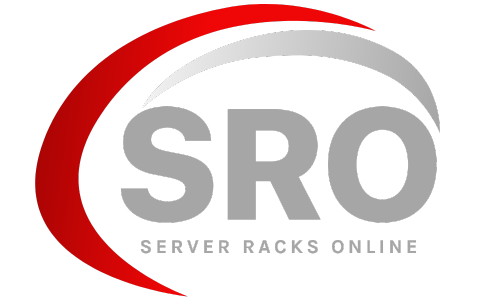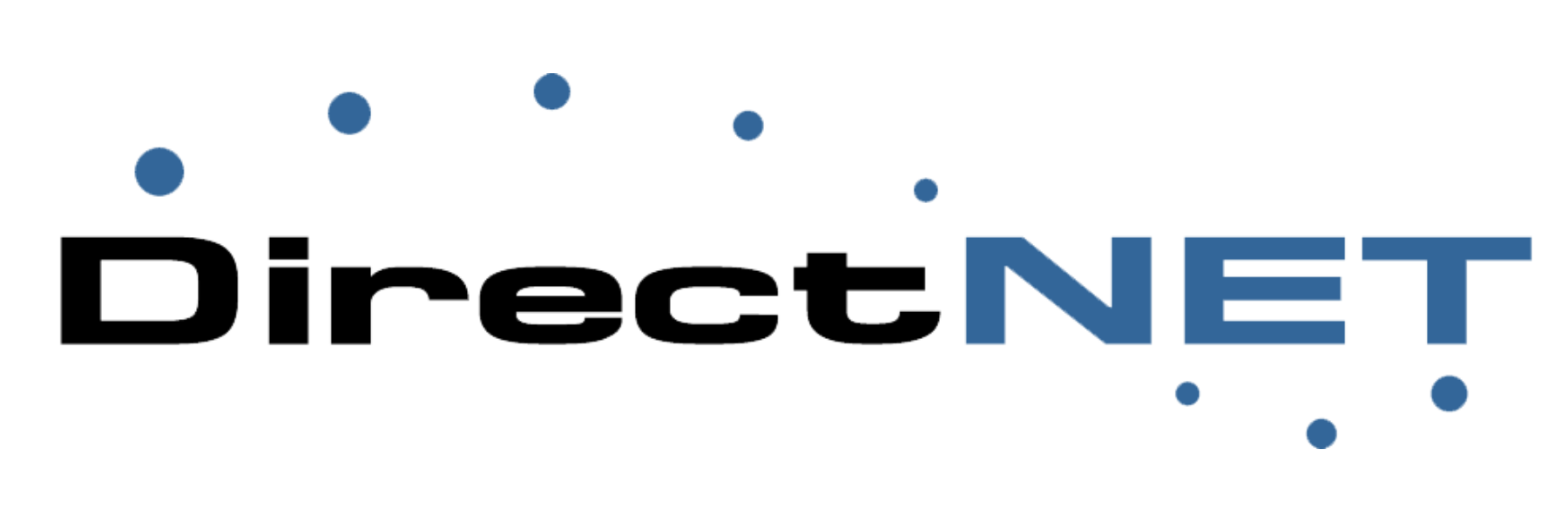What your airflow can tell you about the health of your data center
Analyzing something as simple as airflow can help monitor cooling infrastructure and cooling capacity, electrical power consumption and heat distribution, rack layout, server density, and convey how well they are all playing together to better pinpoint where the weaknesses in the system.

Cooling Solutions
The end goal is to prolong equipment lifespan and reduce cooling costs by optimizing the current environment with inexpensive solutions.
- Blanking panels to manage and direct airflow efficiency.
- Server rack with built-in channels for better cable management and improved airflow.
- Fully perforated doors and top panels to help improve ventilation.
- Server rack accessories to move heat around and improve cooling, includes fans, enclosure blowers, and rack air conditioners.
NOTE: Smaller rooms require a more tactical approach.
“To fully maximize equipment cooling, when selecting a server rack consider intelligent and space-efficient design features, including frame profile and capacity.”
Types of cooling
There are many methods to migrate heat. To list a few of the more popular:
- Conventional cooling floods an entire room with cold air-an approach that works well at minimal power densities.
- Ambient Cooling using a CRAC, HVAC, and duct work are still limited in their ability to handle high heat loads, as they typically are only able to effectively cool 5-10 kW per rack.
- In-Row cooling offers capacity and efficiency gains by moving the air conditioner from the perimeter of the room closer to actual load.
- High density cooling is best suited for racks typically 10-30kW or higher (up to 60kW) and small to medium sized date centers with dense loads as well as high density POD rows in larger data centers.
- Integrated cooling can typically cool up to 3kW and are designed for small IT rooms and network rooms.
- Liquid Cooling as a modular rack “side car” can provide a total cooling capacity of 30kW.
Beat the Heat by implementing cooling strategies
- Select the right rack and accessories for your goals.
- Aim for energy efficiency to lower overall operation costs.
- Deploy liquid cooling units.
- Measure, measure, measure! Environmental monitoring is your friend.




